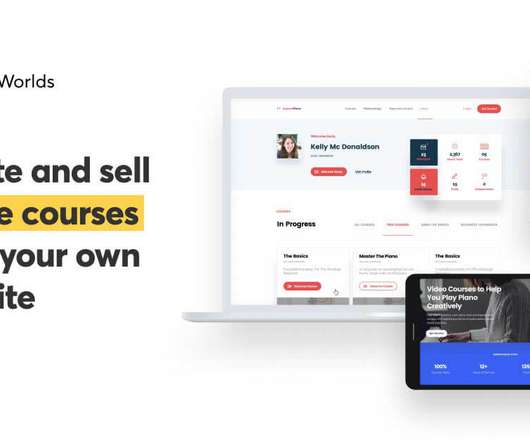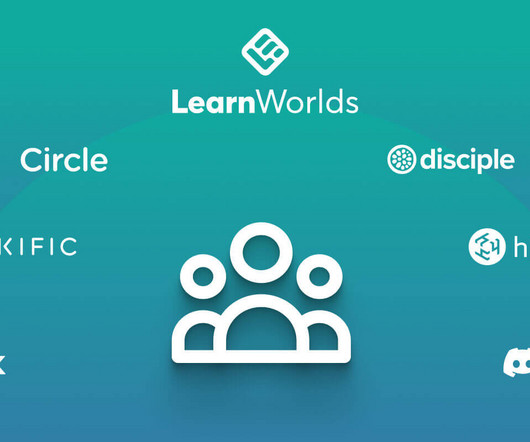eLearning Conferences 2010
Tony Karrer
NOVEMBER 19, 2009
link] December 2, 2009 Security and Defence Learning : International Forum on Technology Assisted Learning and Training for Defence, Security and Emergency Services, 5 th , Hotel InterContinental Berlin, Berlin, Germany. link] December 3-4, 2009 Worldwide Forum on Education and Culture , Rome, Italy.



















































Let's personalize your content